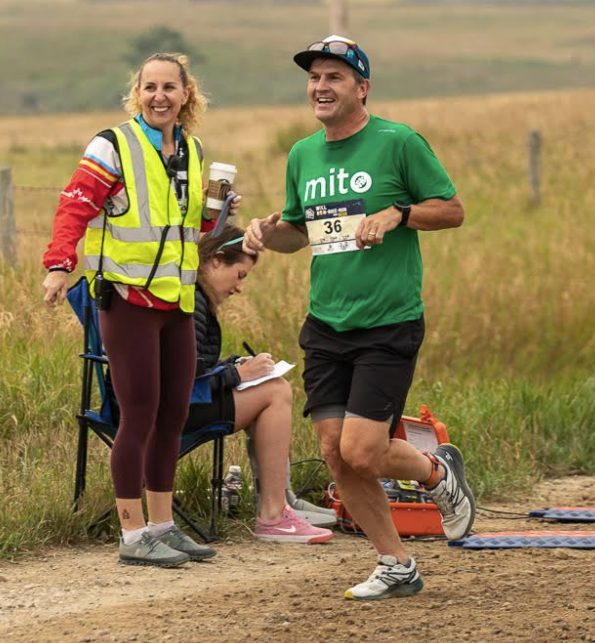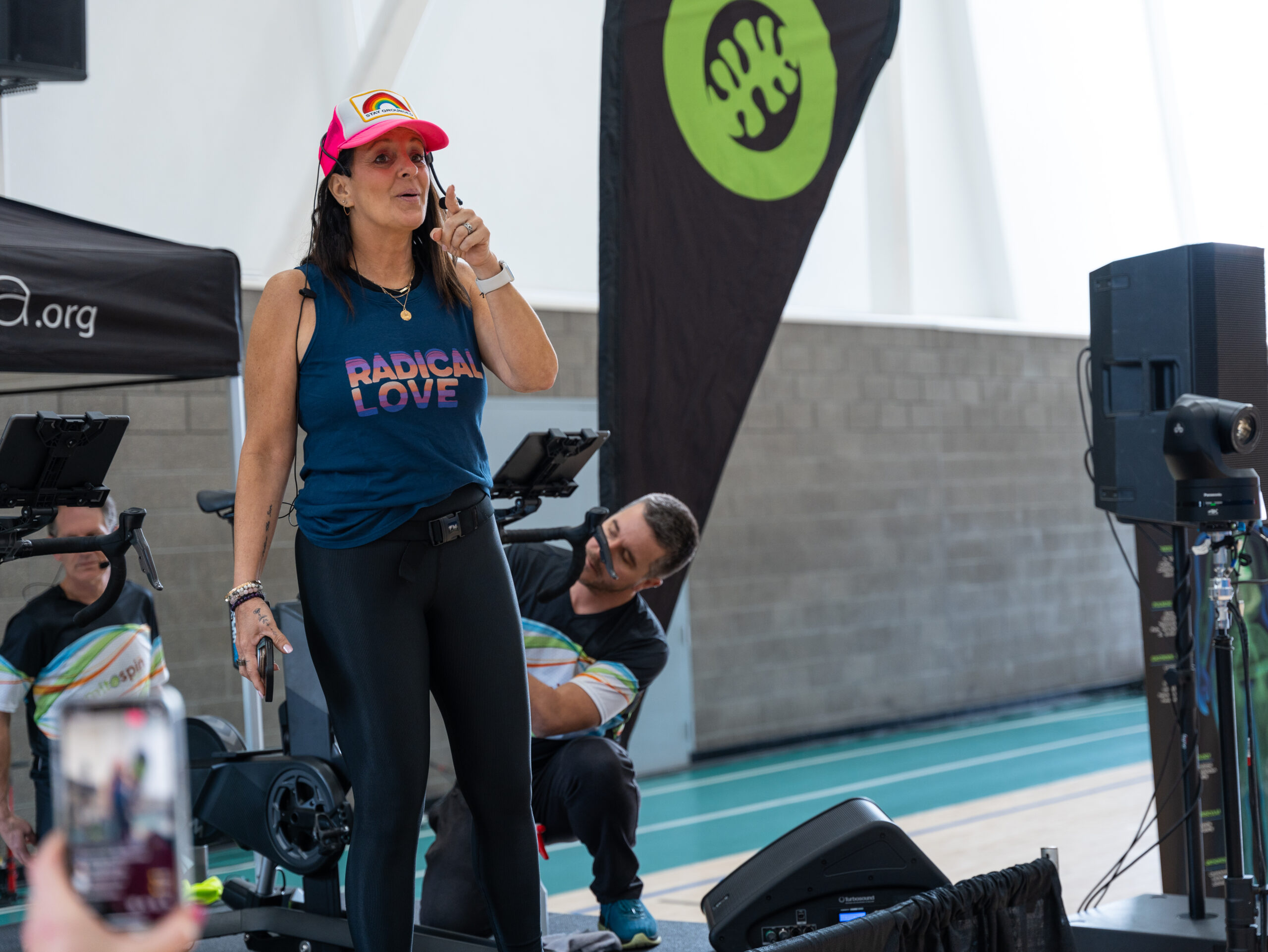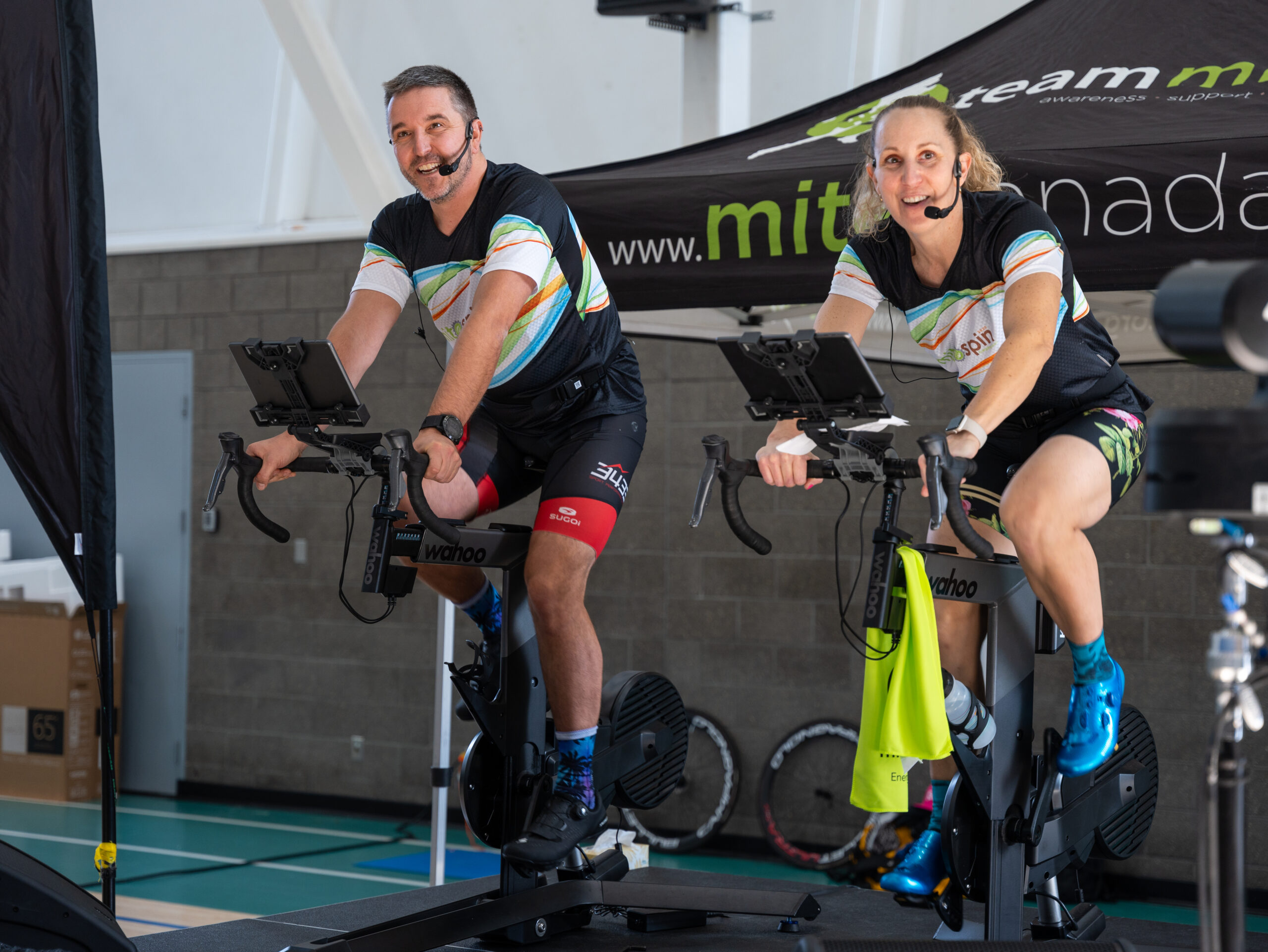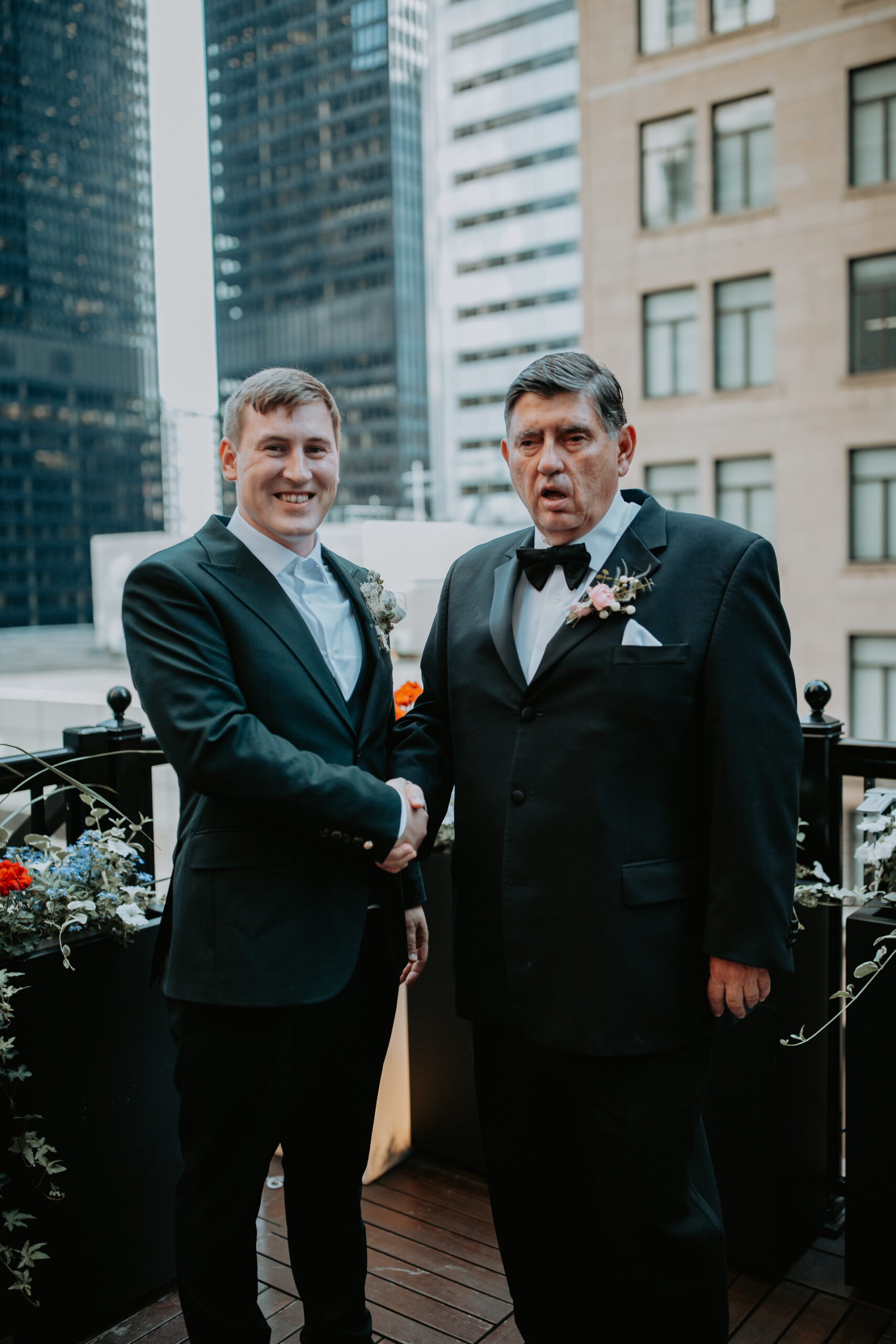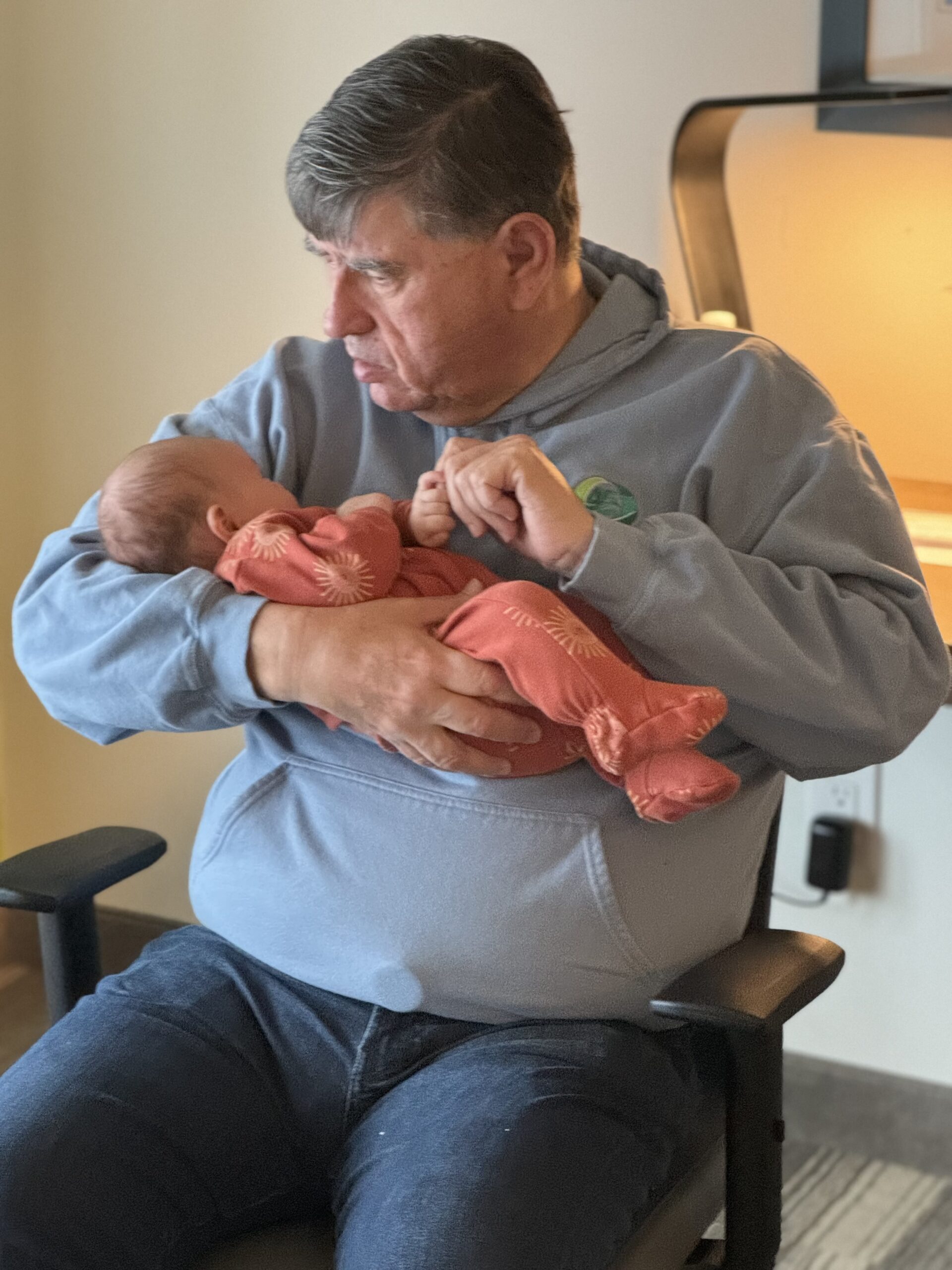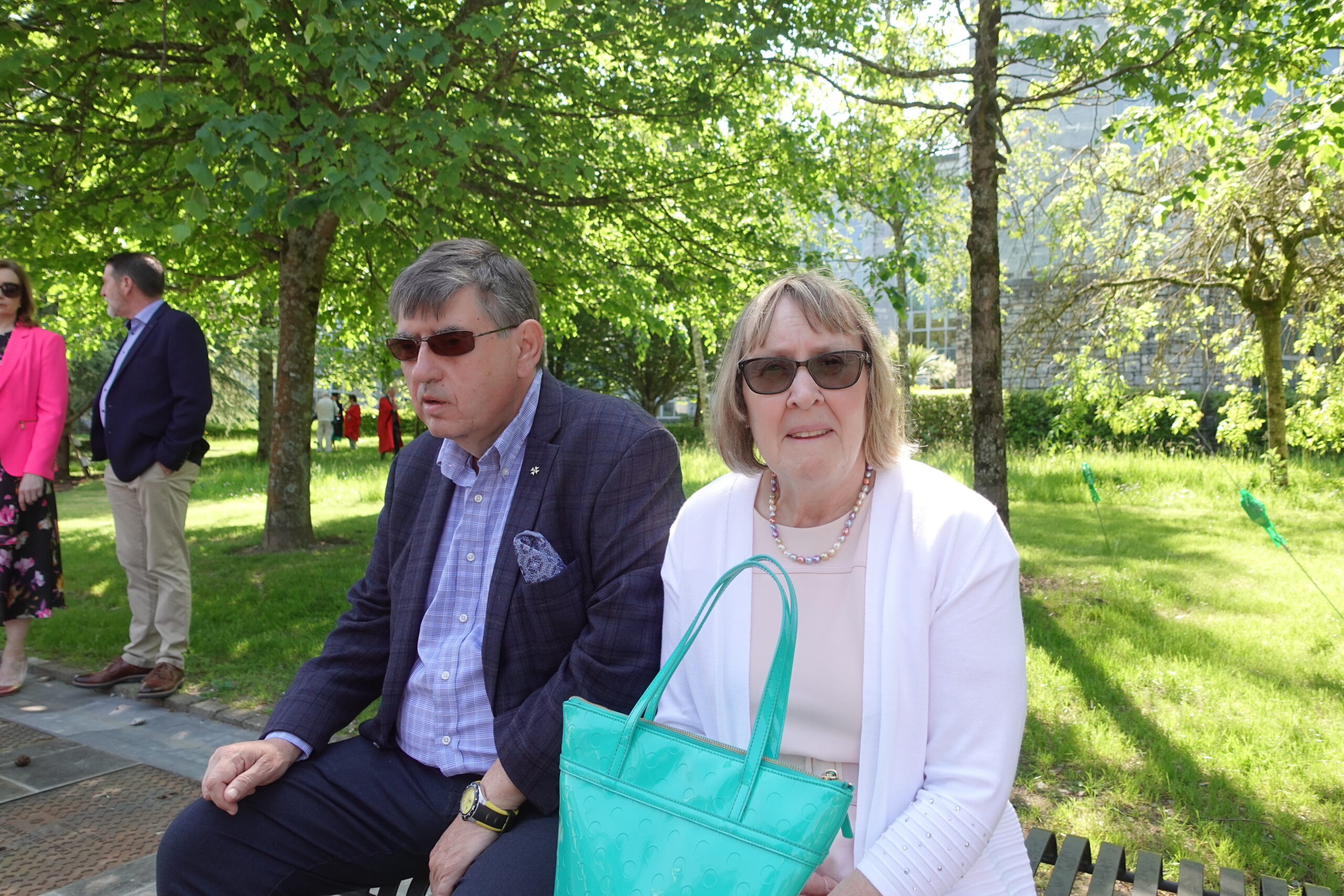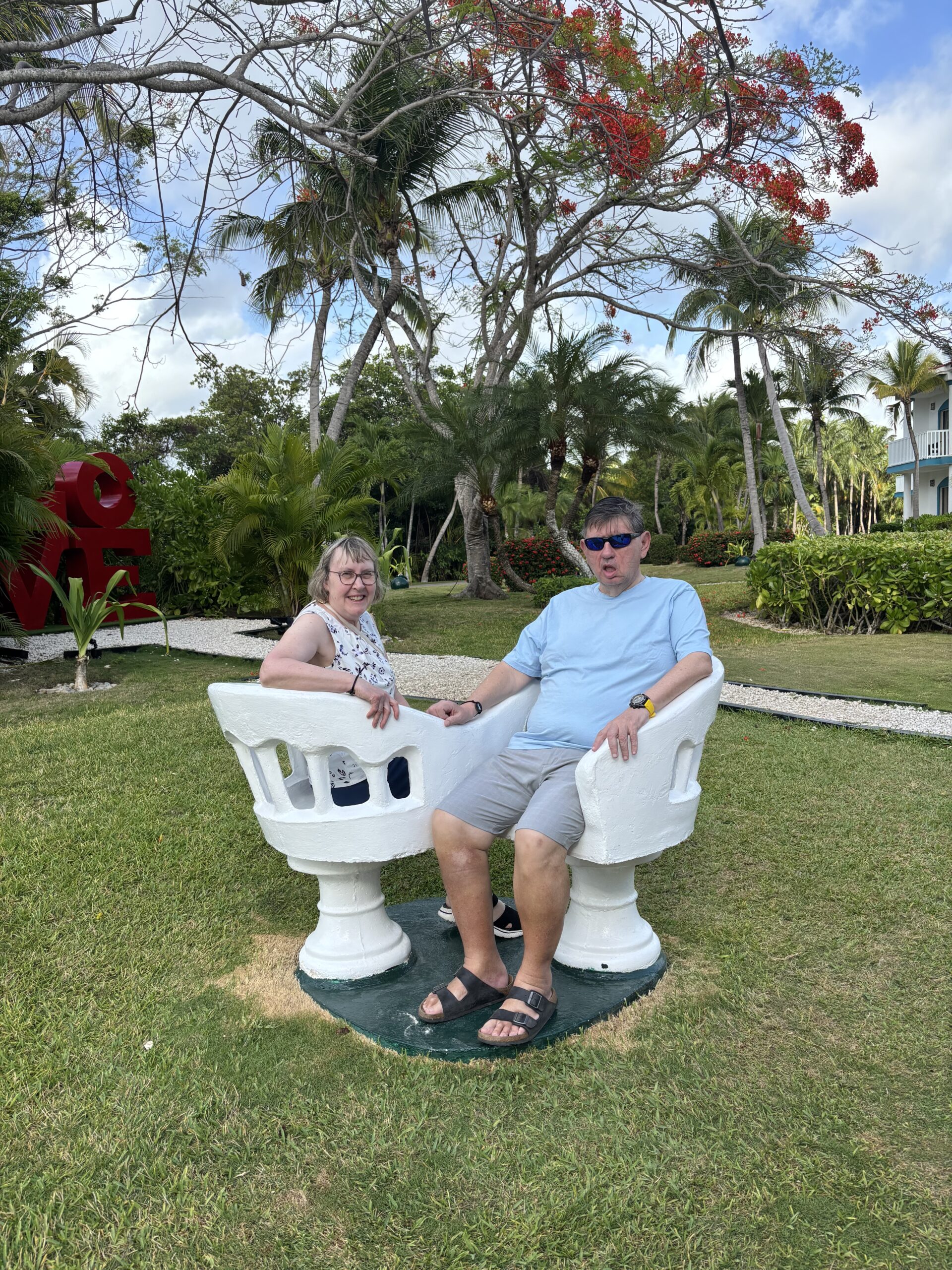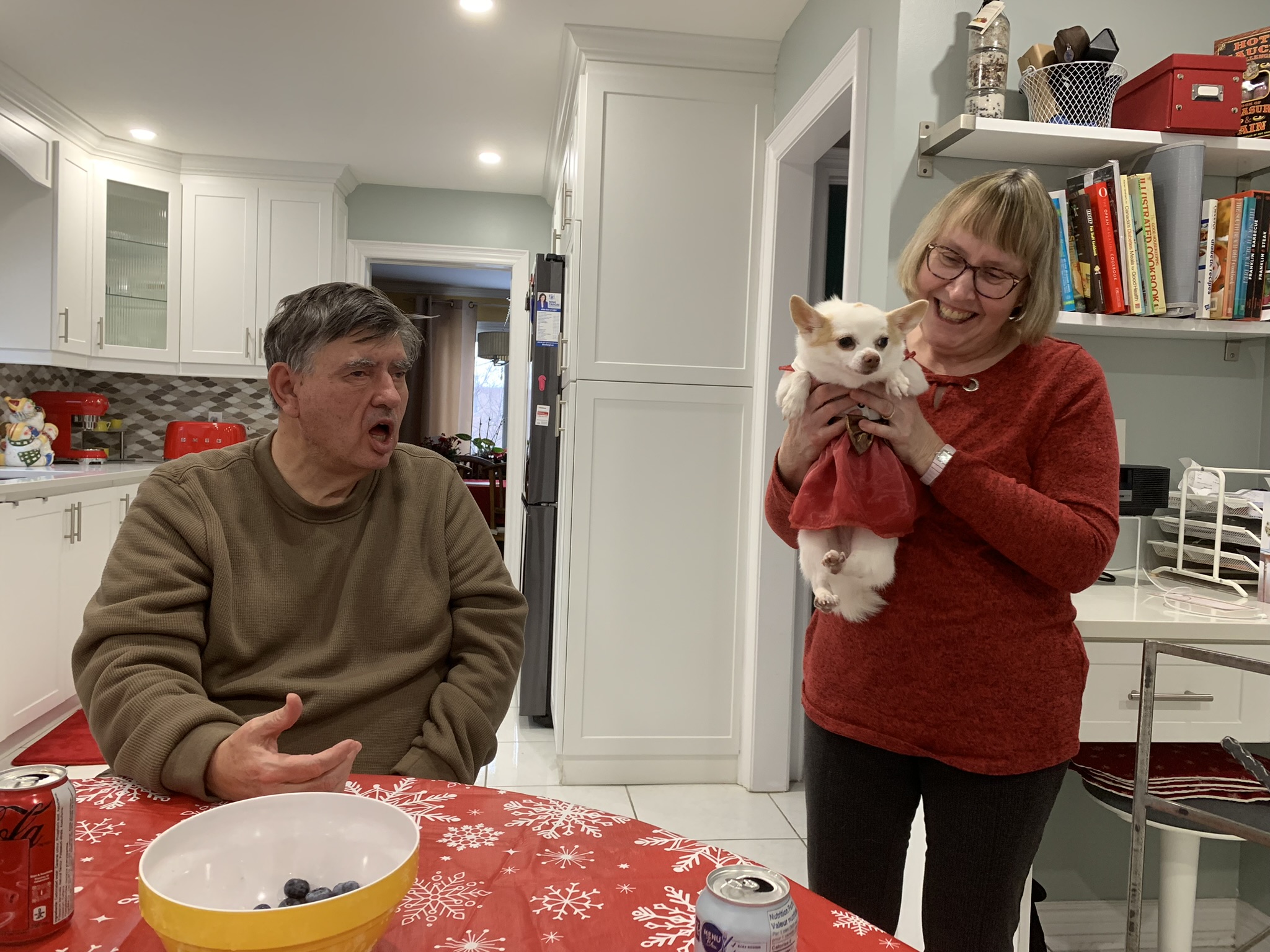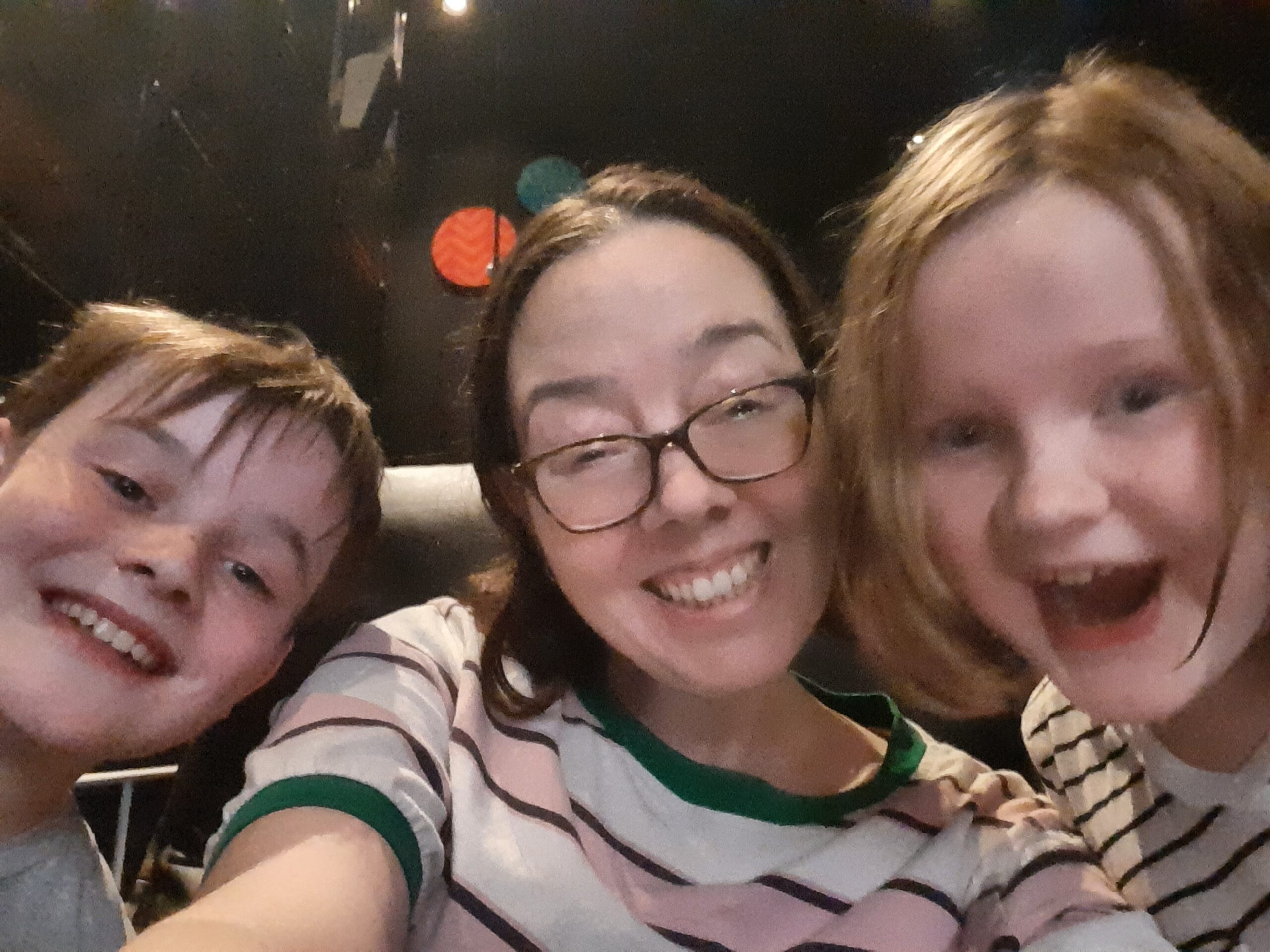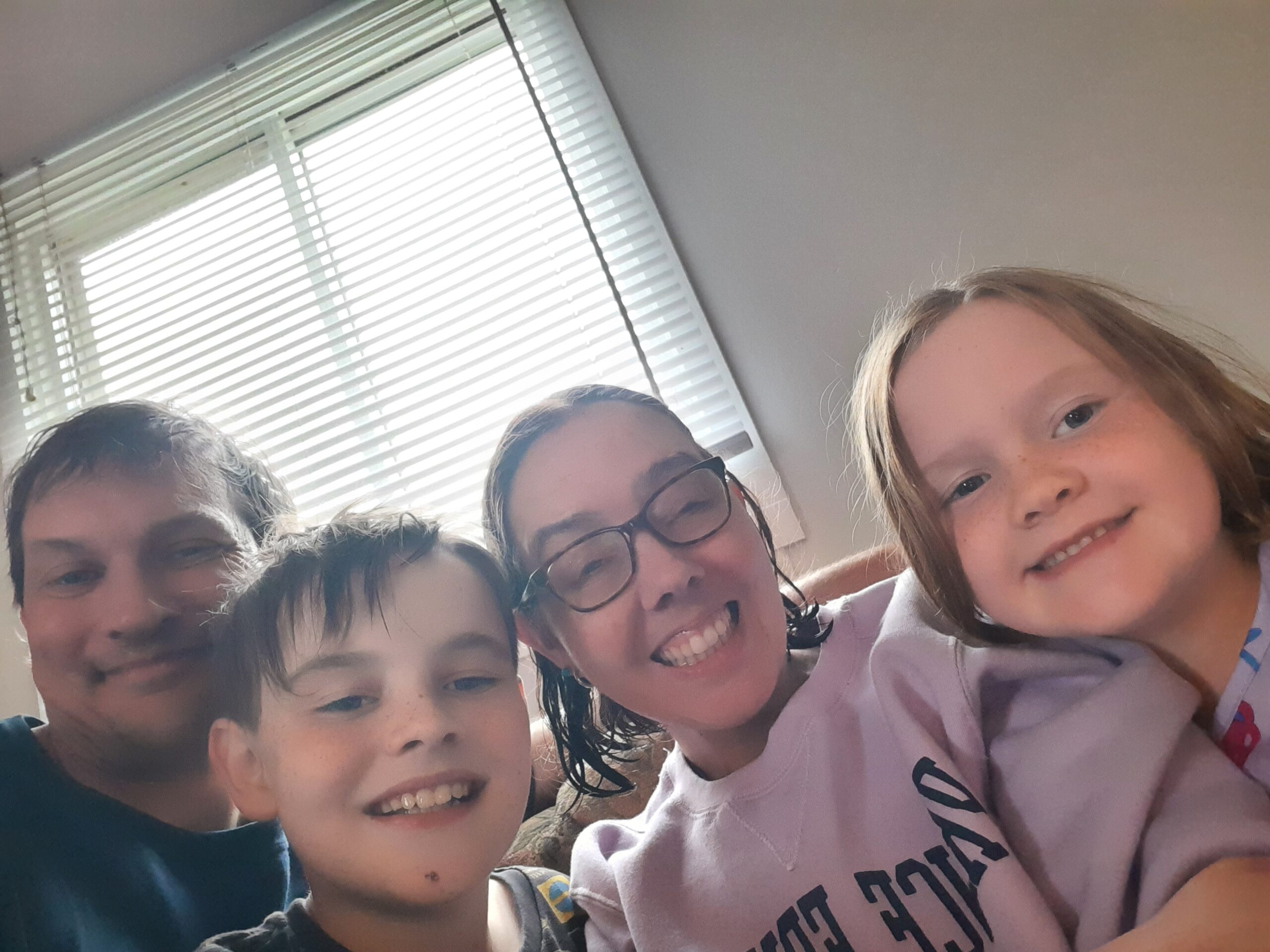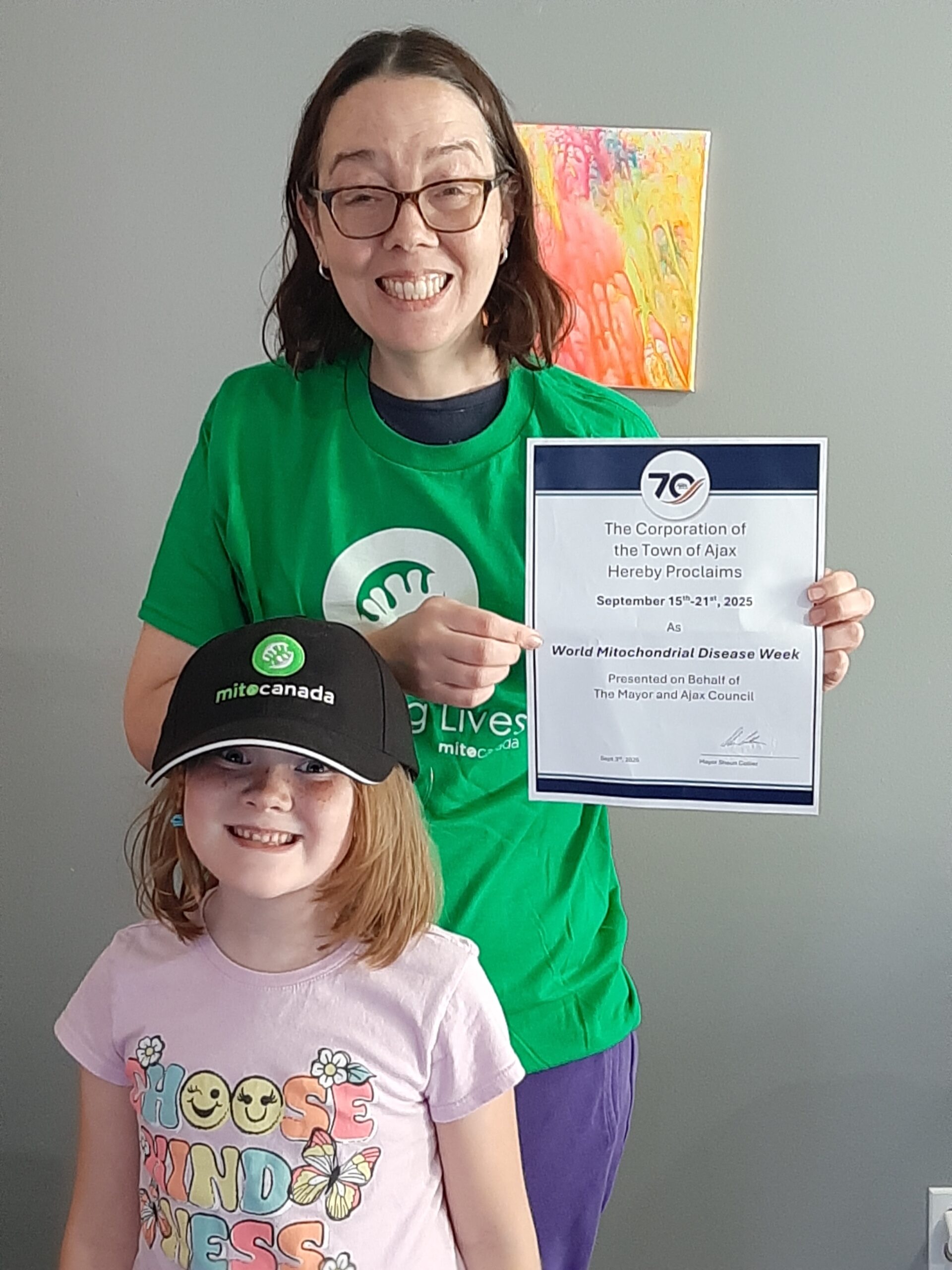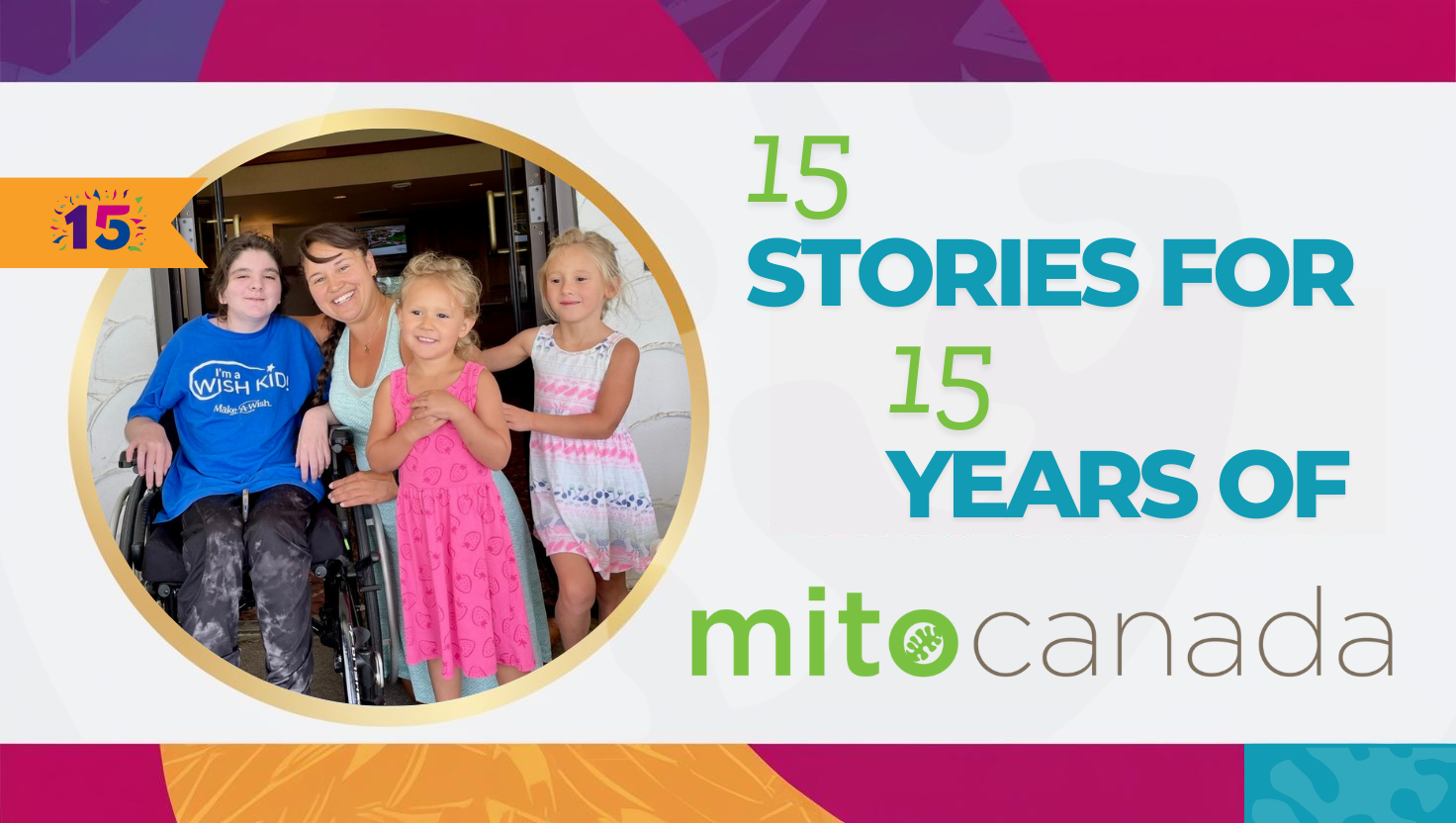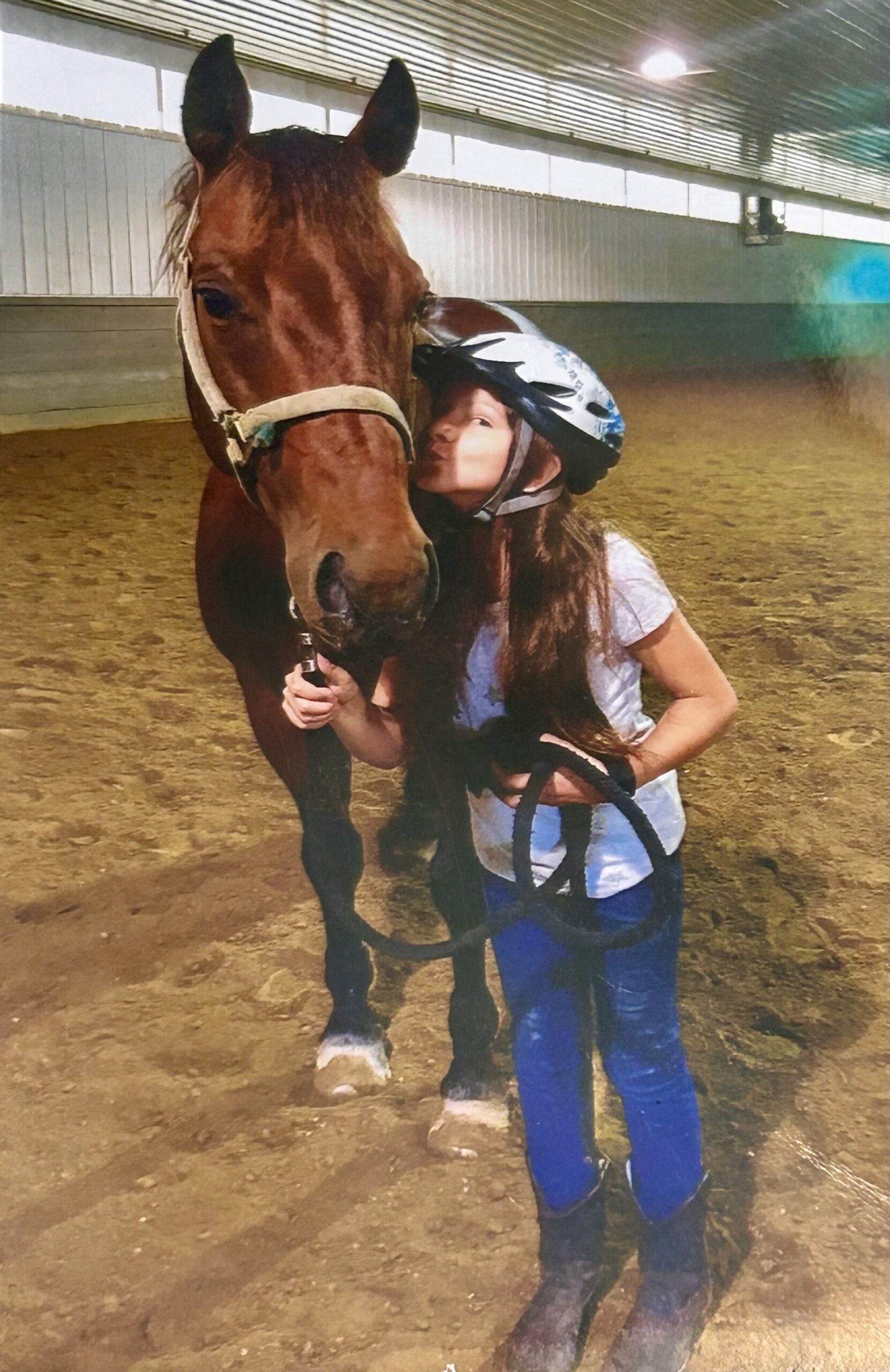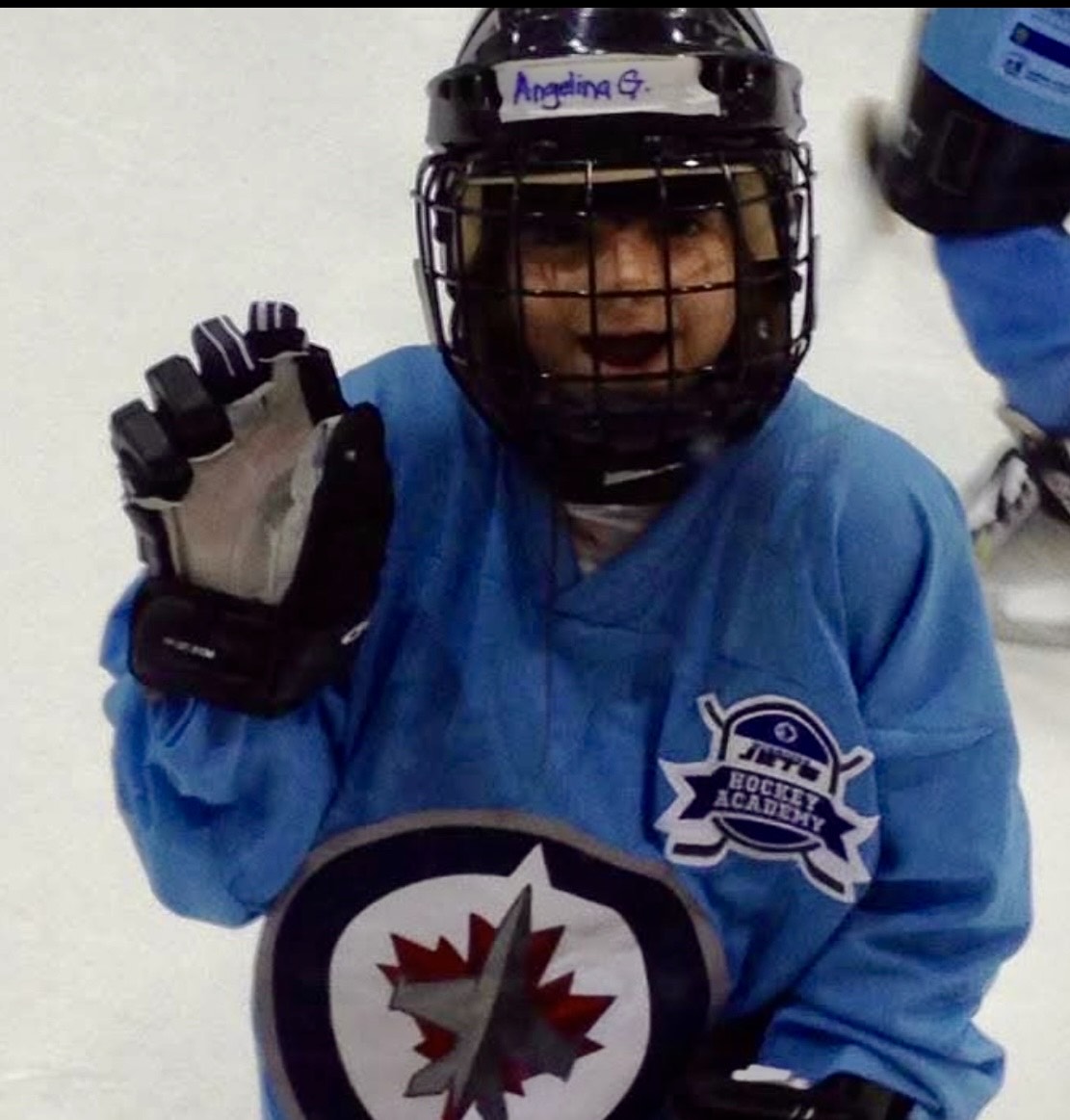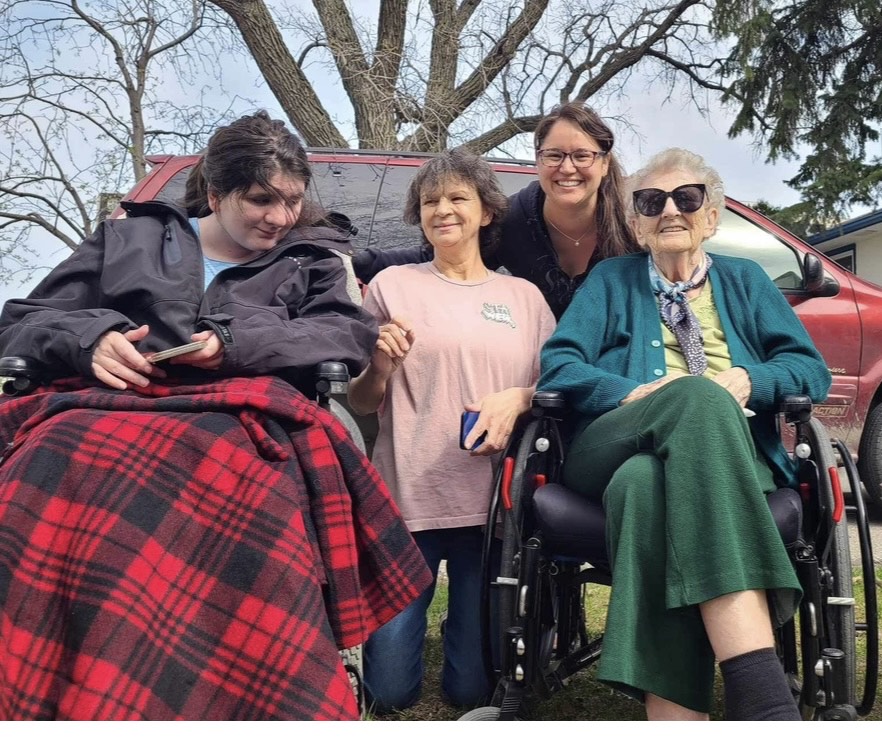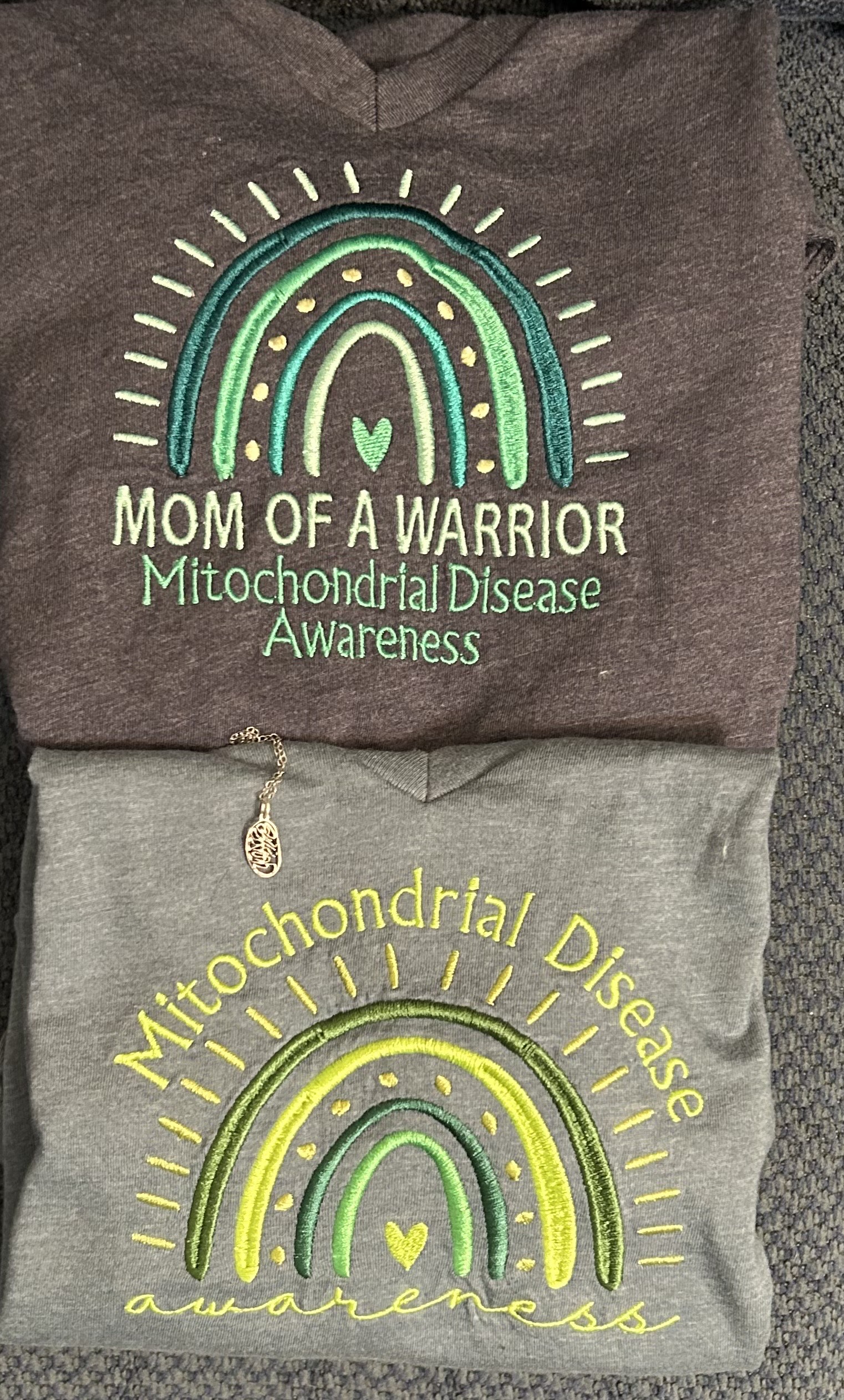Dr. Carlos T. Moraes
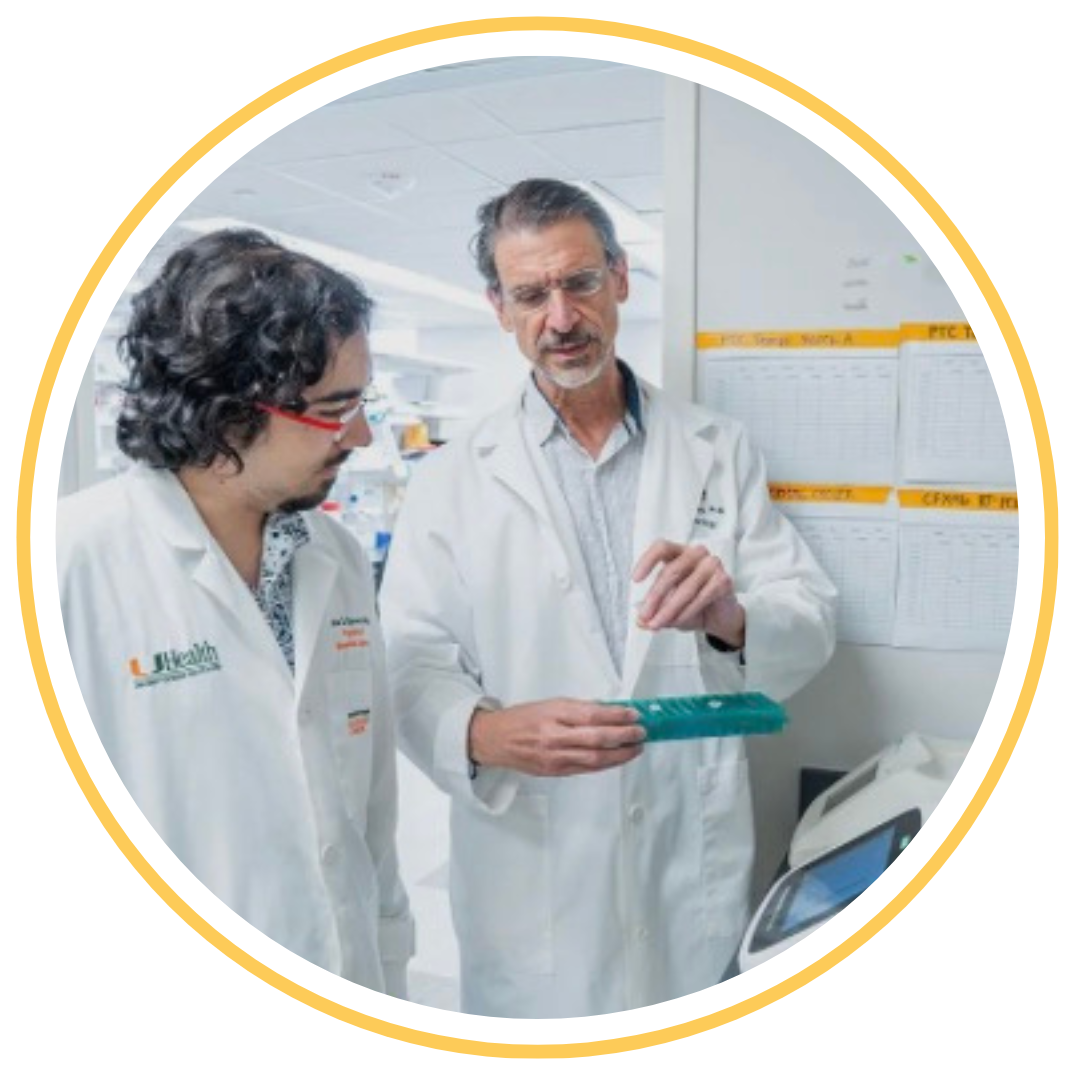 Launching a New Era in Mitochondrial Gene Editing
Launching a New Era in Mitochondrial Gene Editing
From his early days studying science to decades of dedicated research in mitochondrial DNA and gene therapy, Dr. Carlos T. Moraes has made an indelible mark in his field.
After studying biomedicine and molecular biology in São Paulo, Brazil, where he was born and raised, a young Carlos jumped at an opportunity to connect with an esteemed neurologist, an expert in neuromuscular diseases including mitochondrial disease, in New York. Shortly after arriving and completing a stint of training with the neurologist, he decided to pursue a PhD at New York City’s Columbia University.
“This was back in the late ’80s and early ’90s, and it was a pretty exciting time,” says Dr. Moraes. “Mutations in mitochondrial DNA (mtDNA) were just being reported for the first time. The neurologist I was studying under (Dr. Salvatore DiMauro) had many muscle biopsies that we could analyze, and one of the first things we did was correlate certain mutations with certain disease phenotypes. One paper we published early on was about how large deletions in mtDNA were almost always found in patients who have Kearns-Sayre syndrome, a rare neuromuscular disorder.”


 Sometimes happenstance brings about the most meaningful paths. “I started working on mitochondrial diseases by pure chance, but the more I worked on it, the more I fell in love with it,” says Dr. Moraes. “The mitochondrion is like a battery inside the cell, and it has its own DNA. It’s the only organelle besides the nucleus that does. It’s a fascinating system, and so I’ve devoted my career to it.”
Sometimes happenstance brings about the most meaningful paths. “I started working on mitochondrial diseases by pure chance, but the more I worked on it, the more I fell in love with it,” says Dr. Moraes. “The mitochondrion is like a battery inside the cell, and it has its own DNA. It’s the only organelle besides the nucleus that does. It’s a fascinating system, and so I’ve devoted my career to it.”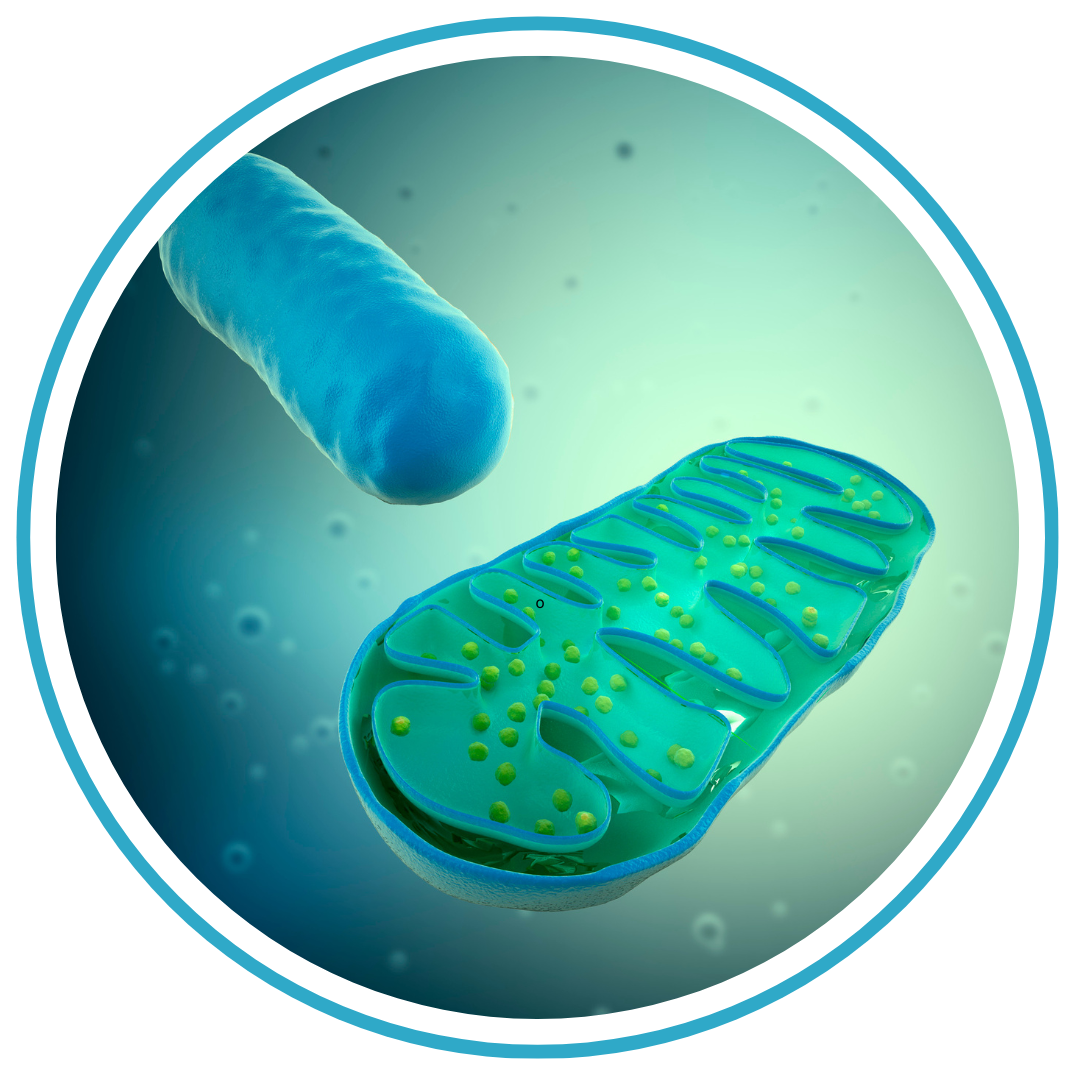 Continuing his research, Dr. Moraes and his colleagues found that a specific genetic mutation, usually responsible for mitochondrial encephalomyopathy with lactic acidosis and stroke-like episodes (MELAS), also caused a variety of manifestations. “This mutation is one of the most common mtDNA mutations in the patient population,” he says. “In 1993, we published research showing that patients with this mutation could have many different types of diseases and many different symptoms, and that these symptoms clustered within families, suggesting that nuclear DNA plays a role in modifying how the mtDNA mutation shows up.”
Continuing his research, Dr. Moraes and his colleagues found that a specific genetic mutation, usually responsible for mitochondrial encephalomyopathy with lactic acidosis and stroke-like episodes (MELAS), also caused a variety of manifestations. “This mutation is one of the most common mtDNA mutations in the patient population,” he says. “In 1993, we published research showing that patients with this mutation could have many different types of diseases and many different symptoms, and that these symptoms clustered within families, suggesting that nuclear DNA plays a role in modifying how the mtDNA mutation shows up.”
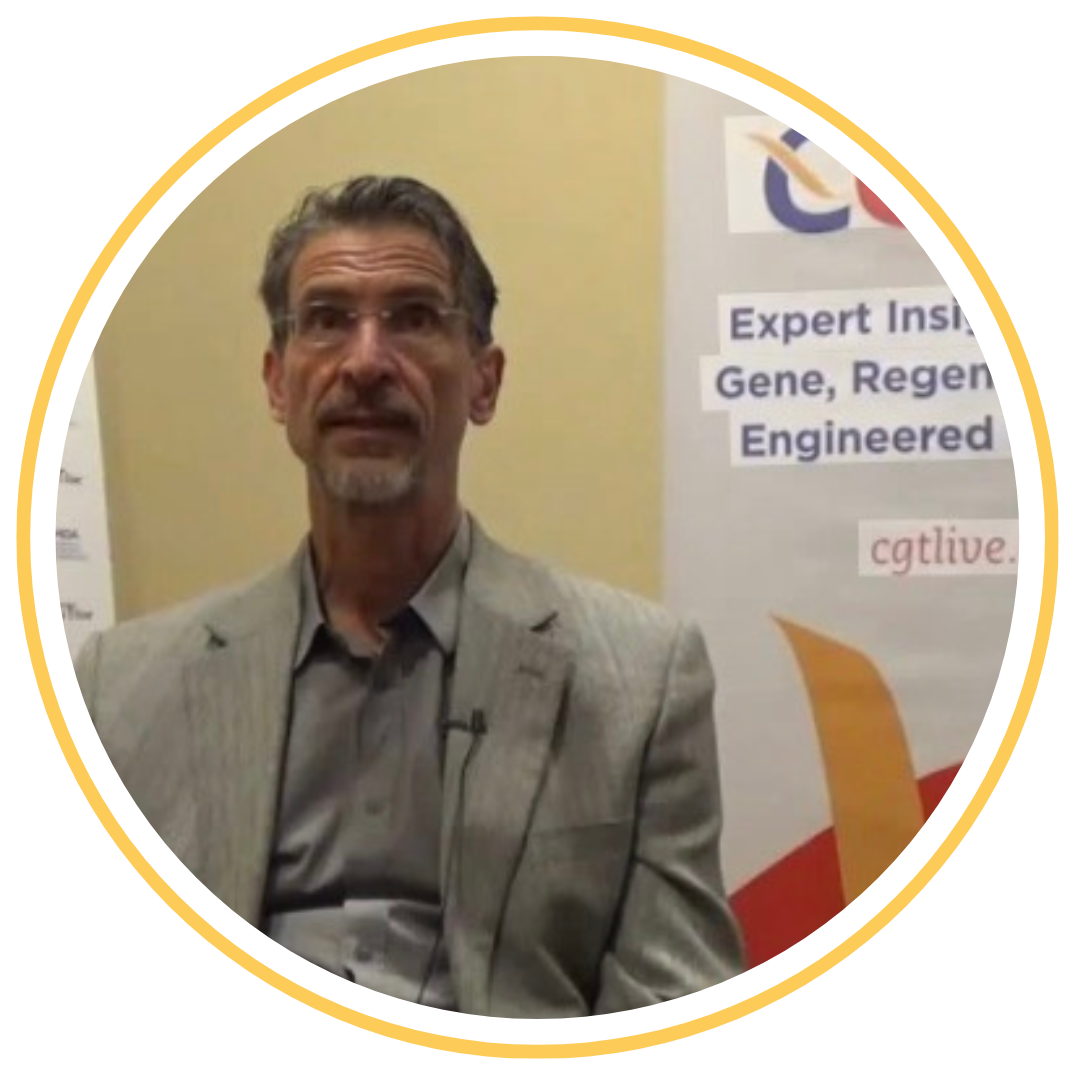 research, Dr. Moraes and his lab used one of the base editors to rescue mitochondrial function in a mouse model. “We found a way to base edit a gene with a pathogenic mutation so that it became stable, improving the function of the mitochondrial energy production in the mouse model,” he says.
research, Dr. Moraes and his lab used one of the base editors to rescue mitochondrial function in a mouse model. “We found a way to base edit a gene with a pathogenic mutation so that it became stable, improving the function of the mitochondrial energy production in the mouse model,” he says.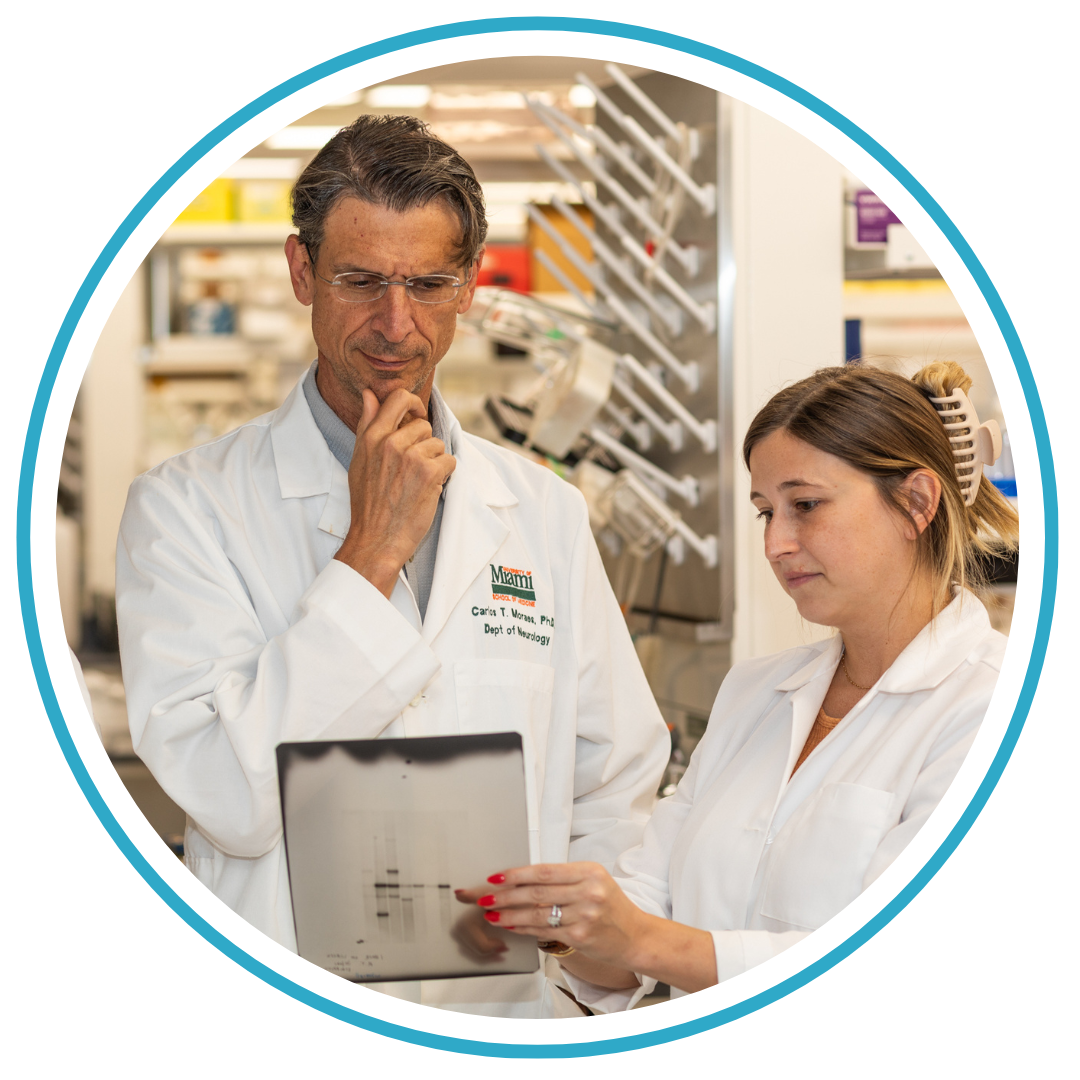 a thick skin and to be tenacious. “We have to keep pushing,” he says. “There are lots of failures in this field, but a failure isn’t a total failure if you understand why the experiment didn’t work. It always teaches you something.”
a thick skin and to be tenacious. “We have to keep pushing,” he says. “There are lots of failures in this field, but a failure isn’t a total failure if you understand why the experiment didn’t work. It always teaches you something.”
